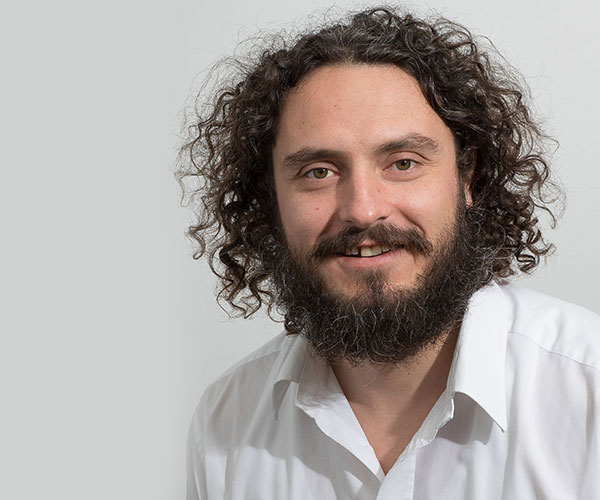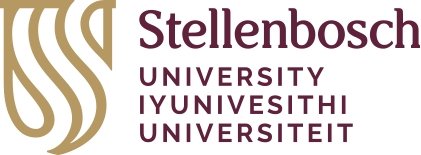
- This event has passed.
Prof Dirk de Villiers
October 28, 2019 @ 17:3018:00
Department of Electrical and Electronic Engineering

Surrogate-based optimisation of microwave devices
Surrogate-based optimisation (SBO) is a technique that employs simplified models to design more complex devices. A surrogate model is any model that is used instead of another, typically more accurate but slower, model – a model of a model. These surrogates are normally very fast to evaluate and easy to work with, so that optimisation tasks that require very large numbers of function evaluations of the model can be done in a sensible amount of time on widely available personal computers. Surrogate models are therefore especially useful when the real model takes considerable time to evaluate, as is typically the case in the design of microwave devices. These structures must normally be analysed by computer simulation, and such simulations can take anywhere from a few seconds to several hours, or even days, to execute. My research revolves, to a large degree, around finding good surrogate models in order to speed up the design of specific microwave devices. The devices of interest have mostly been large reflector antenna systems and power combiners. Power combiners are structures that, as their name suggests, combine (or divide when used in reverse) the power from a number of amplifiers to provide a larger output power than can be generated by a single amplifier. The reflector antennas I work with are mostly used in radio astronomy, where many of them are used together to form one big telescope. Improving the performance of each antenna slightly can result in substantial savings in a field where budgets are always tight and where scientists demand the best possible instrument for their government’s (or donor’s) investment. Great care must therefore be taken to ensure that the models are accurate and that the final designs are indeed optimal. This lecture provides some details on how SBO is practically done by discussing a subset of the research projects undertaken over the first 15 years of my career.
WATCH THE INAUGURAL LECTURE HERE
Short biography
Dirk de Villiers received the BEng and PhD degrees in Electrical and Electronic Engineering from Stellenbosch University, South Africa in 2004 and 2007, respectively. From 2008 to 2009 he was a postdoctoral fellow at Stellenbosch University, working on antenna feeds for the South African SKA programme. He is currently a professor at Stellenbosch University, where he holds the SARChI Research Chair in Antenna Systems for SKA. He has spent several months as visiting researcher at Antwerp University in Antwerp, Belgium and at Chalmers University of Technology in Gothenburg, Sweden. Prof. De Villiers often consults for industry on the design of antenna systems and has spent several years working on contract for EMSS Antennas (Pty) Ltd in Stellenbosch on the design of the reflector optics for the MeerKAT and SKA radio telescopes. He is a senior member of the IEEE and served as vice-chair of the South African IEEE Joint AP/MTT/EMC chapter between 2015 and 2016, and as chair from 2017 to 2018. He served on the organising committee for the last three editions of the South African IEEE Joint AP/MTT/EMC Chapter Conference. He is the convener of the European School of Antennas: Antennas for Radio Telescopes course, which was held for the first time in Stellenbosch in 2016, and is a regular lecturer at the European School of Antennas: Reflector and Lens Antennas course hosted at Chalmers University of Technology, Gothenburg. He serves on the technical programme committee and regularly organises and convenes sessions for international conferences and acts as reviewer for many international journals. Prof. De Villiers has published more than 100 papers in international peer-reviewed journals and conference proceedings.

Recent Comments